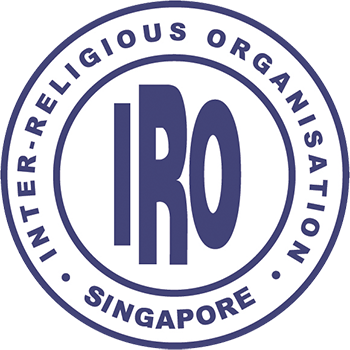Buddhism
The Buddha Sakyamumi, or the Awakened One, was the founder of Buddhism. After bearing witness to human suffering and hardship, The Buddha, a prince by birth, went into self-exile to search for the way for human beings to attain true happiness. Vesak Day, which is commemorated by Buddhists worldwide, was the day on which Buddha attained Enlightenment after meditation under the sacred Bodhi tree. This enabled Him to understand and realise the true nature of the universe and life. Buddha’s teachings are referred to as the Tripitaka, and it consists of three sections; sutras or discourses on how to lead a noble life, vinaya or the framework on conduct for the monastic community, and abhidharma or the philosophy behind the nature of the human mind. 2019 is the 70th year since founding of Singapore Buddhist Federation and it is a highly-established and respected institution headed by Venerable Seck Kwang Phing.
